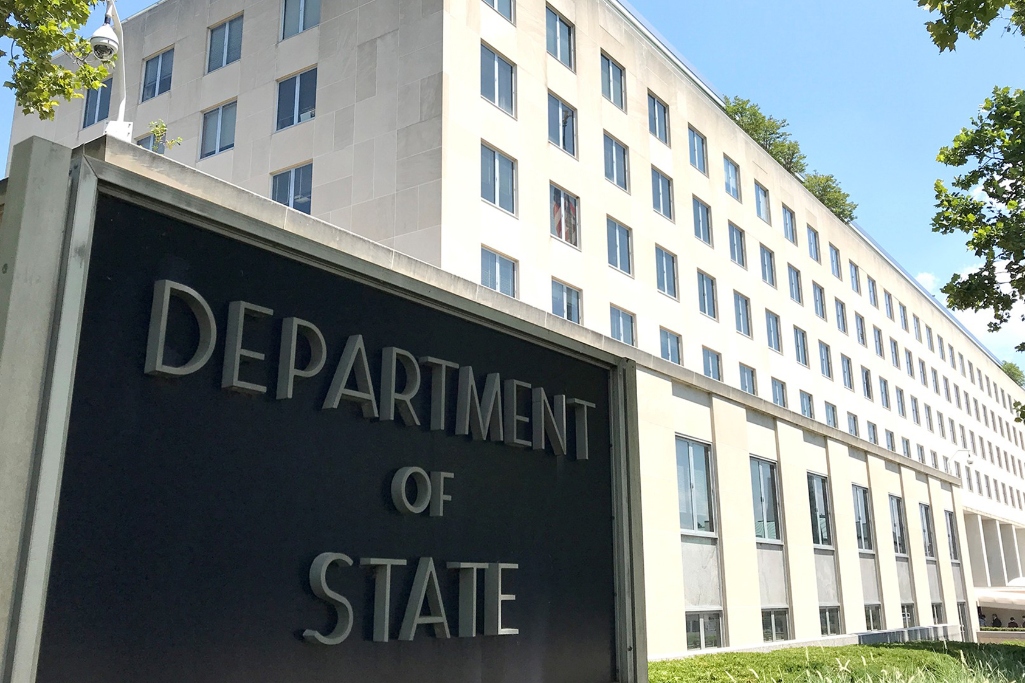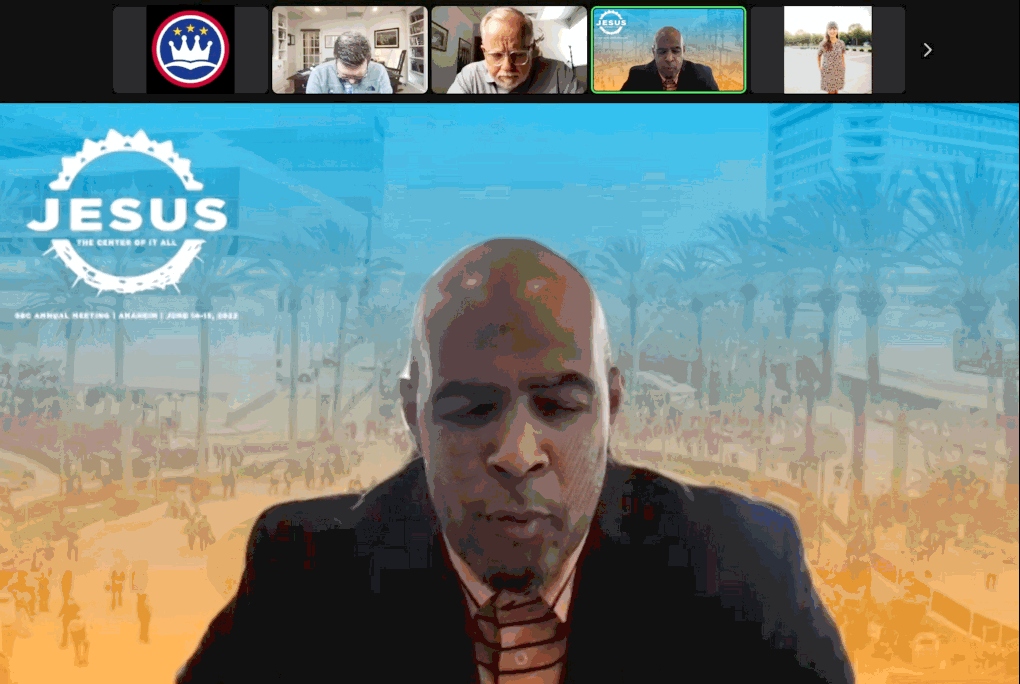
NASHVILLE (BP) – The Ethics & Religious Liberty Commission (ERLC) joined several other religious organizations in filing public comments on Tuesday (March 19), urging the U.S. State Department to revise two proposed regulations related to nondiscrimination in foreign assistance that they say would “subordinate faith-based organizations.”
The two regulations, proposed by the State Department on Jan. 19, would establish new nondiscrimination requirements for both recipients and contractors of federal foreign assistance grants.
The regulations would prohibit recipients and contractors from discriminating “on the basis of race, ethnicity, color, religion, sex, gender, sexual orientation, gender identity or expression, sex characteristics, pregnancy, national origin, disability, age, genetic information, indigeneity, marital status, parental status, political affiliation, or veteran’s status.”
The ERLC and other groups are concerned that the proposed rulemaking will render faith-based aid providers, many of which currently provide valuable and necessary services to their communities through federal foreign assistance grants or necessary services through foreign assistance contracts, ineligible to be a contractor or grant recipient by requiring them to go against their deeply-held beliefs surrounding gender and sexuality to meet new eligibility standards.
The regulations state discrimination could include “withholding, adversely impacting, or denying equitable access” to the benefits provided through these federal grants.
“The undersigned organizations affirm the Department of State for proposing regulations that would require contractors and recipients of federal foreign assistance from the Department in the form of grants or contracts to refrain from discriminating against beneficiaries or potential beneficiaries,” the public comments state.
“However, we have serious concerns about the proposed rule requiring new forms of nondiscrimination of employees.
“Unfortunately, the proposed changes … would subordinate faith-based organizations and risk the loss of these organizations from partnering with the State Department in the delivery of foreign assistance, thereby undermining the foreign policy objectives of the U.S. government.”
Palmer Williams, general counsel and senior policy advisor for the ERLC, highlighted the important work religious organizations do around the world.
“Faith-based organizations selflessly serve millions of vulnerable people around the globe and make up a critical part of foreign assistance efforts of the United States,” Williams said.
“It is imperative that these groups are provided protection from discrimination based upon their deeply held religious beliefs. By joining with our allies in these written comments, we urge the Department of State to rewrite their proposed rule to ensure that religious organizations are protected and able to continue their vital work.”
Other signatories of the document include Samaritan’s Purse, The Accord Network, Institutional Religious Freedom Alliance and Christian Legal Society.
The five largest faith-based organizations that receive these grants received approximately $613 million in annual grant funding in 2023. They operate in more than 100 countries to provide services including water, sanitation and hygiene (WASH), displaced persons and refugee support, counter-trafficking services, and strengthening healthcare and justice systems.
“To prevent such a loss,” the document says, “we strongly recommend to the Department of State our comments below on how to make sure that its proposed rules in the above-referenced dockets provide assurance to agency officials, prime organizations, auditors, religious organizations, and any other interested stakeholder that the State Department can and must continue to work with FBOs in foreign assistance programming and that a FBO’s religious character, affiliation, practices, and expressions of religious beliefs will not preclude the FBO from full participation in State Department foreign assistance programming.”
The two main components of the proposed regulations the organizations object to are “the qualified ban on employment nondiscrimination on the basis of religion, sex, gender, sexual orientation, gender identity or expression, or sex characteristics,” and the inclusion of a waiver in each regulation which they call “standardless” and “inadequate.”
Regarding the former component, a request was made to clarify the language to definitively state how the rule will be applied.
The latter objection mainly refers to a section in the proposed regulations stating that a waiver of the requirements of the rule can be granted “if it is determined to be in the best interest of the U.S. government.”
The proposed rule, therefore, “is arbitrary and capricious,” the document states, “because it fails to consider a reasonable alternative, specifically, categorical exemption of religious organizations applying for federal foreign assistance grants and federal acquisition contracts from the proposed employment nondiscrimination requirements.”
The comments provide suggested revisions to the proposed rulemaking to address these objections including adding a more defined categorical exception to the regulations for religious corporations, institutions, churches and similar groups. A request is also made for the burden of proof regarding this categorical exception to be altered so that it rests on the State Department to prove the applying group does not meet the criteria.
The full text of the document can be read here.
(EDITOR’S NOTE – Timothy Cockes is a writer in Nashville.)


